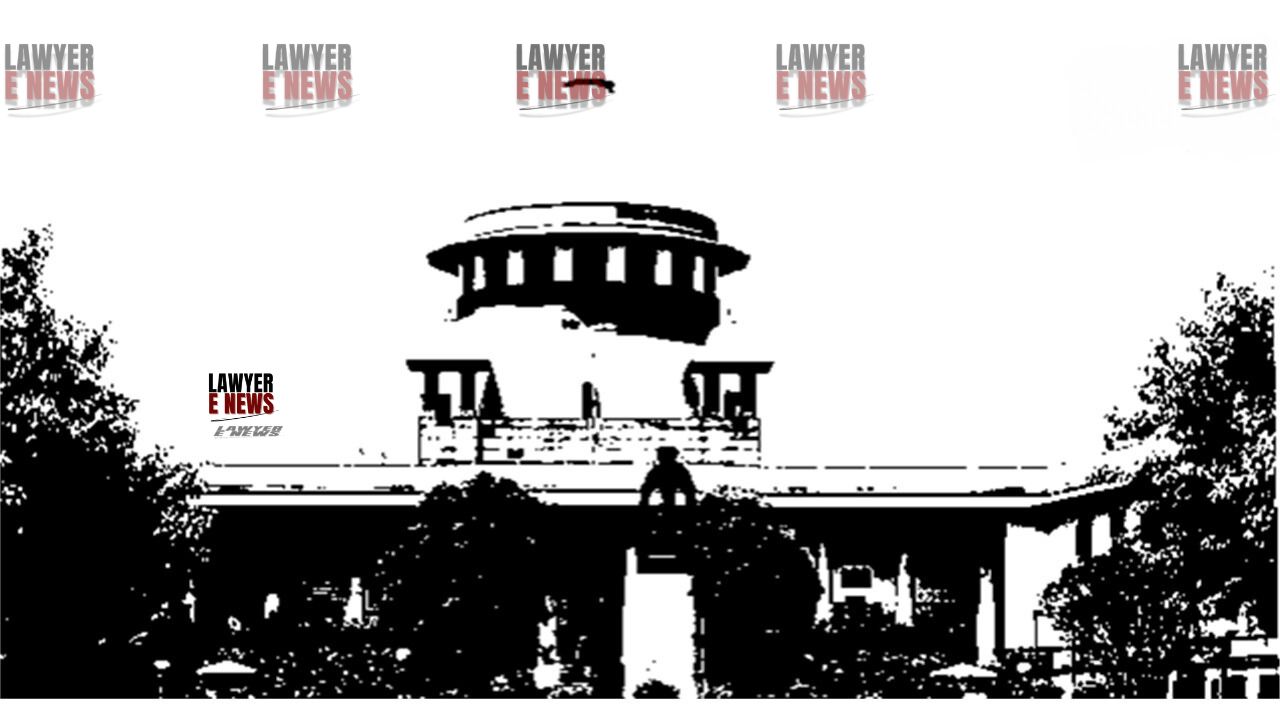-
by sayum
14 February 2026 2:22 PM



On August 2024, the Supreme Court of India, through a bench comprising Justices Bela M. Trivedi and Satish Chandra Sharma, delivered a critical judgment overturning a High Court order that directed further investigation in a case stemming from a 2009 murder in Tamil Nadu. The Court emphasized the limited scope of revisional jurisdiction under Section 397 of the Criminal Procedure Code (Cr.P.C.), reprimanding the respondent for repeatedly filing baseless applications intended to derail the judicial process.
The case revolves around an incident that occurred on November 24, 2009, where an FIR was lodged against multiple accused, including the respondent, under serious charges such as murder (Section 302 IPC) and related offenses. The case emerged from a violent altercation at an AIADMK Party Office in Dharmapuri, Tamil Nadu, leading to the death of one Veeramani, the brother of the complainant. The police investigation led to a chargesheet against 31 accused.
Despite a prior failed attempt to discharge the charges under Section 227 Cr.P.C., the respondent filed another application under Section 216 Cr.P.C. seeking alteration of the charges, which was dismissed by the Sessions Court. Subsequently, the respondent approached the High Court, which allowed the revision and ordered further investigation—a decision now overturned by the Supreme Court.
The Supreme Court found the High Court’s decision to allow further investigation under Section 173(8) Cr.P.C. to be "unusual and untenable," highlighting that the Sessions Court had correctly framed the charges based on substantial material evidence, including eyewitness statements.
The judgment delved into the scope and limitations of revisional jurisdiction under Section 397 Cr.P.C., referencing the case of Amit Kapoor vs. Ramesh Chander and Another. The Court reiterated that revisional powers must be exercised sparingly and primarily to correct jurisdictional errors or gross legal lapses, not for routine or interlocutory orders. The Court criticized the High Court for exceeding its jurisdiction by entertaining a revision petition that was essentially interlocutory and barred under Section 397(2) Cr.P.C.
The Court also noted the improper use of Section 216 Cr.P.C., which allows alteration or addition to charges but does not permit repeated applications by the accused to discharge or modify charges after a proper judicial process has already been followed.
The bench, expressing strong disapproval of the respondent's tactics, remarked: "The Respondent No. 2 had miserably failed to get himself discharged from the case in the first round of litigation... still however he filed another vexatious application seeking modification of charge... to derail the criminal proceedings."
By setting aside the High Court’s order and reinstating the charges framed by the Sessions Court, the Supreme Court sent a clear message against the misuse of judicial processes for delaying trials. The Court imposed a cost of ₹50,000 on the respondent for filing frivolous applications and directed the trial to proceed expeditiously, warning that any further non-cooperation could lead to cancellation of bail. This judgment reaffirms the judiciary’s commitment to ensuring timely justice and preventing abuse of procedural provisions.
Date of Decision: August 29, 2024
K. Ravi vs. State of Tamil Nadu & Anr.
